Why You DON'T Want an Alligator for a Pet: Advice from an Alligator Trainer
Well that just seems like common sense right? Hopefully you saw the title of this post and started laughing while asking yourself, "who in their right mind would keep an alligator for a pet?!" It doesn't take a genius to look at an alligator (or any crocodilian) and come to the conclusion that keeping one would be a poor choice, so why is it even necessary for me to write up a post like this?
Well, simply put, there are people out there who decide, "well gosh golly, I really want a pet, but I don't want to take the traditional dog/cat route!", and they go out and buy themselves an alligator. Now, I'm obviously not talking about the permitted, responsible alligator owners that have all the necessary paperwork and facilities to care for the animals; I'm talking about your average American Joe who only knows about gators what he has seen on reality TV. And as you can imagine, this is a huge problem that comes with dire consequences.
This problem is more widespread than you think. Many people wrongfully believe they can train these animals or even domesticate them to be pet-worthy. You've probably seen news stories where alligators or other dangerous exotics have been seized from a home even neighbors didn't suspect; this happens far more frequently than news stories publicize. Here in Newport News alone, several alligators are seized by law enforcement on a yearly basis; the facility where I work does all that it can to take in confiscated alligators and provide them with the best possible home. I have now been training alligators for 5 years, during which time I have tried to do everything I can to educate people about these awesome animals (and of course why they shouldn't be kept at home). So here are just a few reasons why you DON'T want a pet alligator!

It is illegal: For obvious reasons, it is illegal for a citizen to own an alligator (in most states; even in those that allow it, it is HIGHLY discouraged!). Even the most qualified and trained gator keepers must apply for permits and are subject to inspections to keep these animals. Sadly, it is surprisingly easy to get your own alligator; several reptile supply stores and breeders sell them online and will ship them to buyers with little hassle...though it is up to the buyer to know their own state's laws regarding the animal (which most people don't). If you are found to have this animal without proper licenses, you may be subjected to fines and jail time, and the alligator will be confiscated from your possession.
They get BIG: People seem to be under the impression that when they buy that little, 7-inch baby alligator, it's going to stay that way. Well, just like any other baby out there, it's going to grow up no matter what you try to do to stop it (it is a MYTH that if you keep a reptile in a small enclosure, it won't grow!). If you have a female alligator, you may end up with a ten foot animal, but males are real monsters, reaching lengths typically between 13 and 15 feet! They are massive, weighing several hundred pounds of bone, armor and muscle. And when they get big, they require a HUGE space (our alligators must be moved when they reach approximately 7 feet; even their large exhibit begins to get too cramped). The real kicker? They don't take long to get big. Alligators have what's called indeterminate growth; during their first few years they grow rather quickly, around a foot a year (so a 6 year old alligator will be bigger than you...and they can live to be over 50). Their growth rate will slow down as they get older, but they will never stop growing during their lifetime...and in captivity, these guys can live way past their natural life expectancy!
They are dangerous: No sh*t. Alligators are built to be the ultimate killing machines; big, fast, armored, strong and armed with lethal weaponry. That mouth houses over 80 teeth, and is built with muscles that can exert almost 3,000 psi; they have no problem biting through turtle shells. Alligators can, and have, killed their owners, and injuries from pet crocodilians are not uncommon. These guys are all muscle; even a 25 lb gator thrashes enough to be nearly impossible to hold when it is upset; when it reaches even half it's full size, there isn't much a single person could do to restrain one (without a LOT of training and experience). They have an incredible range of motion and can spin very quickly to face their opponent, faster than most people can react. And with a thick, muscular tail and feet armed with sharp claws, their really isn't a "safe" part of an alligator to approach. Crocodilians are top predators that see nearly everything as food and don't fear much of anything.
They are smart: Don't bring a top predator into your home, especially one that is extremely intelligent. Alligators have a lot of brain power, much more than people give them credit for (check out my earlier post here!). They have strong problem solving skills that make them even MORE dangerous to keep; my current gator, Stella, has routinely figured out how to escape her exhibit, regardless of the measures we take to secure her. They pick up on the most subtle visual cues, and can even anticipate what we are about to do even before we do it (early on, Stella figured out that she could tell I was about to feed her because of a small, almost imperceptible twitch in my arm). Alligators are so smart that recent studies have revealed that they are capable of tool use to obtain their meals. Their intelligence also means that they require frequent enrichment; alligators in captivity have a tendency to get bored. Boredom leads to frustration; frustration leads to aggression. Fortunately for herpetologists such as myself and other facilities, their powerful brains make it possible for us to train them, which brings me to the next point...
YOU cannot train this animal: Can a gator be trained? Yes, absolutely, but not in a home setting and not by the average individual. I doubt I would even have much luck training Stella without my team and advisor behind me helping me out. Training takes a lot of time and even more experience (most of our trainers have spent years studying animal behaviors and training at facilities like the National Zoo, Sea World, San Diego Zoo, etc). It requires daily work with the animal and constant reinforcement of good behavior. This is nothing like training dogs, cats, horses, etc; you are training an animal that is completely undomesticated, and far more dangerous. It takes years to begin seeing progress in them, and even then gators will often "misbehave" (i.e. act like a normal gator). I have been training Stella for 4 years, and while she does follow my commands the majority of the time, she still behaves like a wild gator quite often. Even the best behaved, well-trained gator is not a pet; we can train them to be more docile and accepting of us, but they are not, and will never be, domesticated.
They eat a lot: Alligators require a large portions of food and meals of different varieties. Raw fish, meat, rodents and even a little fruit and vegetation are on the menu for a growing gator (yes, they are omnivores!). This food must also be supplemented with a variety of vitamins and minerals; like other captive reptiles and amphibians, without nutritious supplements, alligators may be prone to disorders such as metabolic bone disease. Food and supplements can be expensive overtime, and treating illnesses or conditions that result from poor nutrition can cost even more. It is imperative that a routine diet is scheduled and enforced; alligators that do not receive enough food will grow aggressive, and may turn begin acting up more frequently or even attempt to attack their owners. Keep in mind the prey alligators typically feed on in the wild; they may not see small children and pets as being outside their natural food chain.
Where on Earth would you keep this thing?: 15 feet, 750 lbs...where the heck are you gonna put that thing? Even a young gator will require a massive amount of space to swim and bask. A large body of water will be necessary for an alligator; as a semi-aquatic reptiles, they need more than a small pool to lounge in, they actually require adequate space to actively swim. On land they will need ample space to thermoregulate (move to shaded areas to cool down, sunny areas to warm up), and it would be up to you to ensure they have enough land to find these temperature requirements. Though they may look lazy at your local zoo, alligators are actually very active nocturnal animals (pictured below would be the bear minimum for one of these animals). They will also require shelter and heat during the winter, and UV lamps may be necessary to promote quality growth. Even baby gators require a huge space; our youngest gator (roughly 10 inches) lives in a 300 gallon tub (the average bathtub is only 30 gallons, just for reference).
You will probably never get rid of it: Remember how I said they can live to be over 50? What do you do when you can no longer take care of it (or don't want to)? You're not just gonna find a local citizen who wants to take in an alligator. And you would probably avoid donating to a zoo or animal facility (many would be required to report it to the police). You can't just release it; even if gators are native to your state, after 30 days in captivity, it is a felony to release any wild animal back into the environment (fear of diseases, inability to survive, etc). So what do you do? Where would you take it? To be perfectly honest, unless you are lucky enough to find a private collector willing to help you out, there may not be much you can do. Please don't put yourself or your family in this situation!
Alligators belong in the wild. Even in captivity, they belong in spacious facilities that can meet all their temperature, UV, dietary and medical needs. Simply put, in general, people cannot take care of an alligator. Doing so will only get themselves into trouble or put them/the animal in harms way. Appreciate these animals in the wild or at your local zoo, but look somewhere else for your exotic pet. There are plenty of safer, legal animals for you to take home!
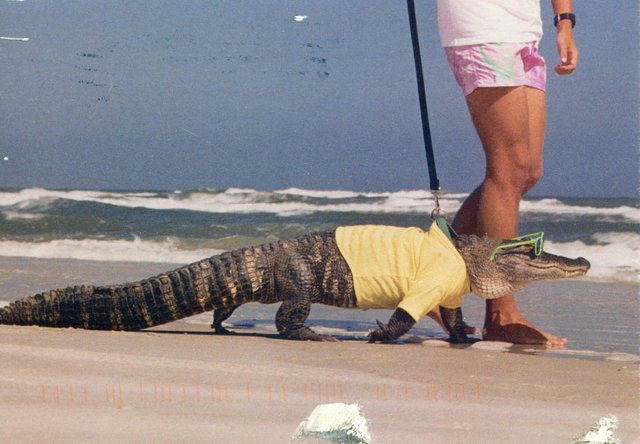
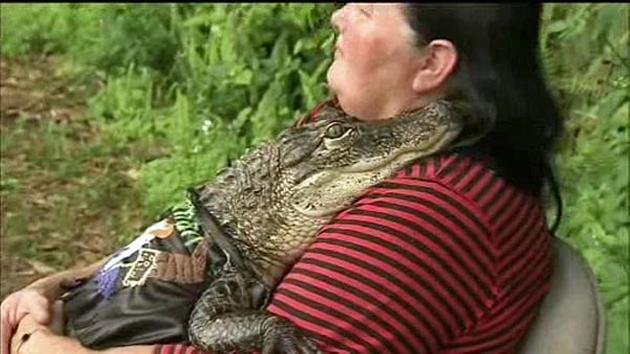

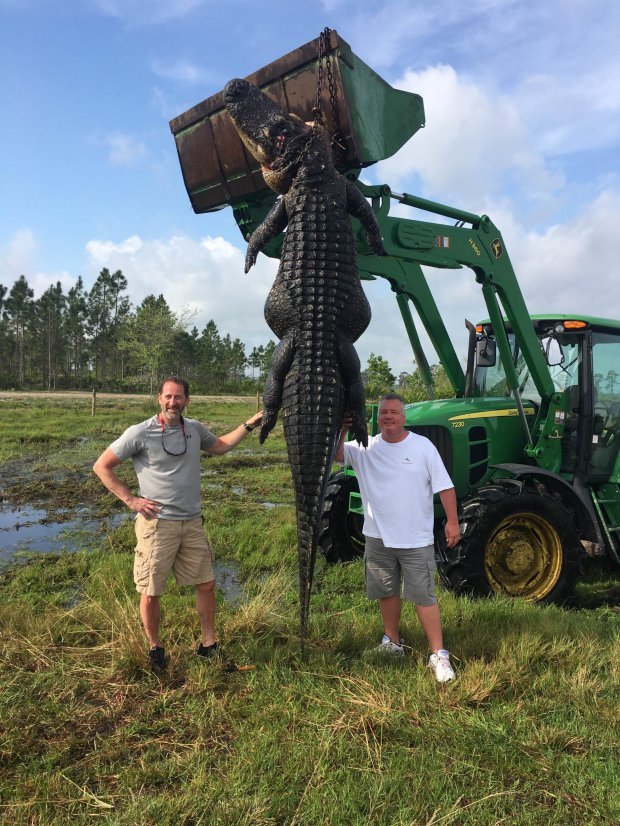
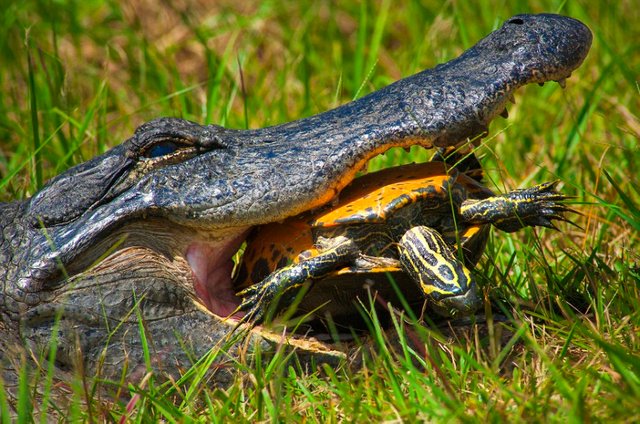
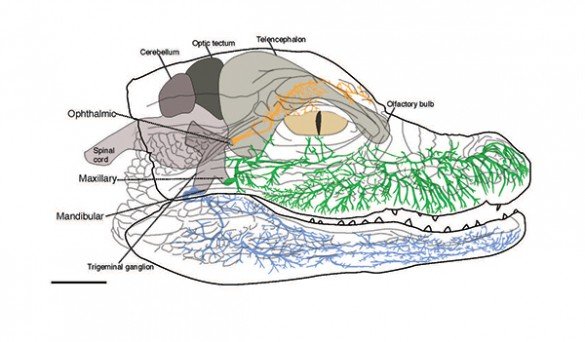
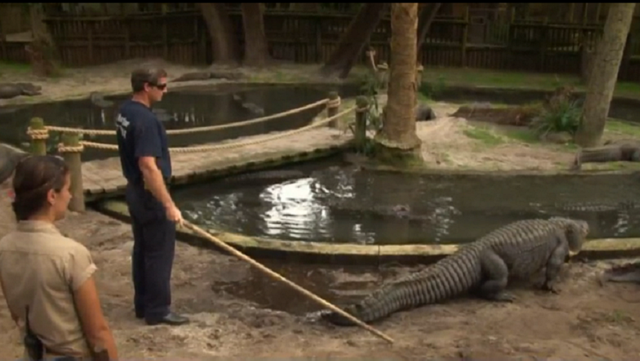
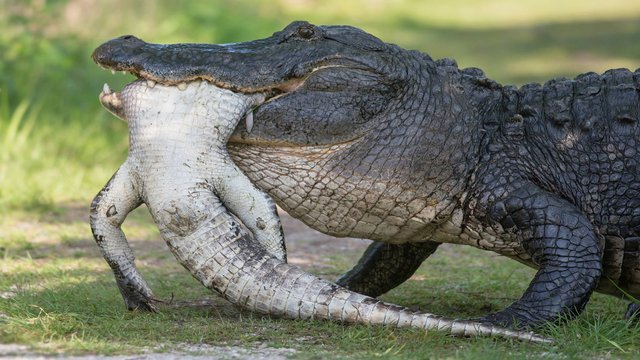
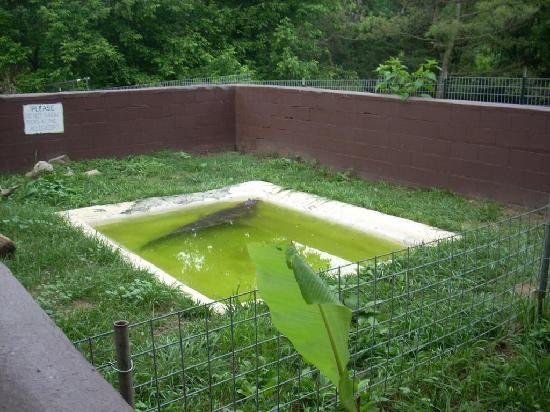
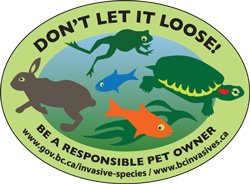
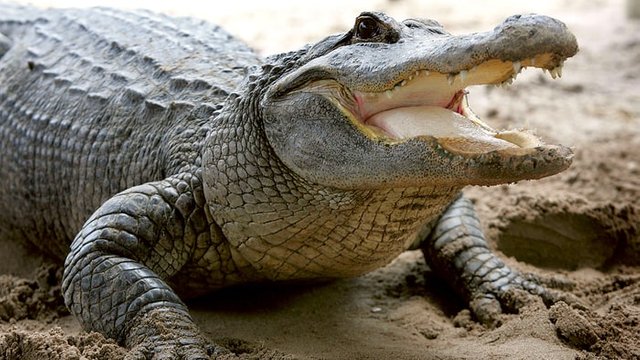
Is this a Lacoste shirt in the first picture?
It is now!
I love the first picture :)
Hmm, sounds good. I will get one to keep my pet black mamba and taipan company.
Haha if someone had a mamba and taipan I would consider them knowledgeable enough for a gator!
I only settle for dragon pets. #gaming ;)
coolest thing ever
What is your opinion on keeping reptiles like tegus as a pet? They recently became restricted in my locale, but there intelligence makes them an appealing pet worth the challenges.
I think tegus themselves are okay but the bigger determining factor is the experience of the owner. These animals can be worthwhile to own assuming you know enough about them (obviously that goes for any pet); I wouldn't by any means call them a beginner animal, but I think a lot of people could handle one with a little experience, and I have a few friends who keep them with little trouble. I know a lot of areas are cracking down on them, but this has more to do with them being an invasive species when people illegally release them.
Definitely know your species; Argentine Tegus are known to be more social and friendlier around people, while Columbian Tegus are more aggressive and better left alone (many people who have issues with their tegus own the latter). But if you know reptiles and are familiar with their care, tegus are not bad animals to keep at all!
What is your opinion on keeping reptiles like tegus as a pet? They recently became restricted in my locale, but there intelligence makes them an appealing pet worth the challenges.
I would say it has more to do with the experience of the owner than anything else. A tegu is definitely an advanced animal to keep; they can suffer from a variety of afflictions in captivity, but the bigger issue is often their temperament. Tegus can be some of the nastiest creatures out there (definitely not all of them, some are very cuddly and friendly but it takes a lot of work to get there). Argentine tegus tend to be way more docile than their Colombian counterparts, which are actually quite aggressive. At the end of the day it just comes down to your own experience as a reptile keeper. They CAN definitely be really rewarding pets, but are definitely not something to be taken lightly as they do have the potential to be dangerous animals.
Haha, cool article! I enjoyed reading this!
When I was a kid, I used to really want an alligator for a pet, but I grew up and came to my senses...
Alligators dont eat that much. Your post is inaccurate.
@kcheeb I stand by the post 100% and I will explain why.
Alligators don't eat nearly as often as a large mammal or other endothermic animals of the same size, this is absolutely true, but it's still a substantial amount of food that they are putting away when they do eat (I said in the post that they require large potions, not frequent feedings; ex. catching prey like a deer is a huge meal for a gator). We may simply be disagreeing since "a lot" is a completely subjective measurement; an adult alligator can survive on a single raccoon each week. To someone feeding something like a tiger which eats massive amounts of food per sitting, that's nothing, but to others it is still a pretty large quantity. For someone looking to keep one as a pet, providing that amount of food could be a challenge or unexpected financial burden which is why I chose to include it in this list. I also stated that they need a lot of food in terms of variety of foods: fish, red meat, commercial crocodilian feed, supplements and possibly even an plant-based component. So they require more types of food than people might realize.
Our facility has received several alligators illegally kept as pets that were turned over to animal control officers. Most of them have been malnourished because they weren't provided with enough food/the right nutrition. I never meant to imply that alligators are eating pounds and pounds of food a day, but I wanted to highlight that anyone interested in owning one must consider their unique dietary needs which can be difficult to meet.
Since the title of that section was a subjective statement, and I provided further context in the following paragraph, I still feel the post is accurate.